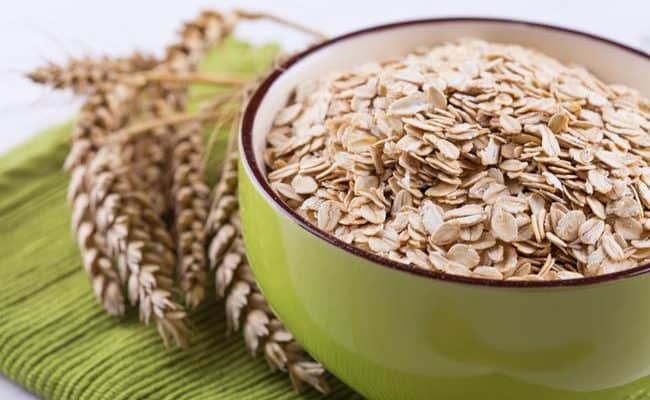
High levels of abdominal or belly fat is associated with increased risk for diseases such as diabetes and heart disease, and it can also undermine your self-confidence, so what is the best way to lose that excess belly fat?
Why there is no miracle diet for reducing belly fat
There are many diets that claim certain foods are effective in burning belly fat and will help you lose your abdominal fat, however, there is no evidence that this is actually the case. No particular foods have been found to have magical properties when it comes to flattening your stomach, it seems as with any weight loss, the key is a healthy balanced diet with an appropriate amount of calories and an exercise regime. A combination of diet and exercise is thought to be the most effective way to reduce abdominal and other forms of excess fat.
You should also be aware that toning exercises will not result in a flat six pack unless you lose the fat that is covering the muscle on the stomach as well. Crunches and other stomach exercises do tone the muscles and can improve the appearance of the middle section, but they will not do anything to reduce the fat.
It is important to remember that numerous factors can contribute to fat storage in the body. For example, post-menopausal women are more likely to have higher levels of belly fat due to hormonal changes, whilst pre-menopausal women are more likely to store fat in the hip region.
There are also a number of medical conditions that can cause increased abdominal fat, so if you are struggling to lose this fat with diet and exercise, it may be worth investigating other possibilities.
Simple ways to reduce your abdominal fat
Reduce your calorie intake
There is no easy dietary fix for abdominal obesity, however, a lower calorie diet resulting in energy deficit will generally result in weight loss and the abdominal fat is often the first thing to go.
Studies have shown that a reduction in energy intake of 400 to 700 calories per day can result in a 15 to30% reduction in abdominal fat over a three to six month period. Very low calorie diets that restrict energy intake even further are thought to be even more effective, however, these are much more difficult to maintain in the long term and are likely to result in weight regain.
Choose Low GI
A 2012 study suggested that a lower GI diet may result in increased abdominal weight loss compared with a higher GI alternative. This may be due to improved blood sugar control and satiety experienced when eating low GI foods, which often leads to decreased energy intake and will therefore result in weight loss.
Increase your soluble fiber
A study published in the journal, Obesity, last year suggested that an increased intake of soluble fiber could be effective in reducing abdominal obesity. The study found that with every 10g intake in daily soluble fiber, abdominal fat was decreased by 3.7% over a period of five years.
Soluble fiber is found in foods such a vegetables, fruit and beans and is also thought to be beneficial for reducing bad cholesterol levels in the blood. A 10g serve of soluble fiber is easily obtained through consuming specific foods, such as two small apples with their skin or a cup of green peas. (See also: How much fiber should we eat in a day?)
Exercise
There is no doubt that physical activity is beneficial for losing abdominal fat, although how effective it is seems to be dependent on the amount, frequency and intensity of the exercise. In general, the more or harder you work out, the greater the loss in abdominal fat, although even moderate levels of exercise seems to be effective to some degree.
The ideal combination to lose abdominal fat and to lose weight in general is agreed to be a combination of exercise and diet, resulting in a calorie deficit, but also maintain muscle mass due to physical activity.
Sleep more
It has also been suggested that those who sleep more hours per night may have less abdominal fat. In general, people who sleep less than five hours per night seem to have higher BMIs and greater abdominal fat than those who sleep for longer periods. (See also: Does sleep help you lose weight?)
This may be due to a number of factors such as poor eating habits due to stress and tiredness, hormone production and being awake more hours and thus needing to eat more.
Reduce your stress levels
It is thought that people who have a lot of stress in their lives or are more prone to stress tend to have greater abdominal obesity than those who are more relaxed. Stress releases the hormone cortisol, which encourages the accumulation of fat around the abdomen, so it may be that taking some time out to relax and unwind will help your to shed that excess belly fat.
References used in this article










